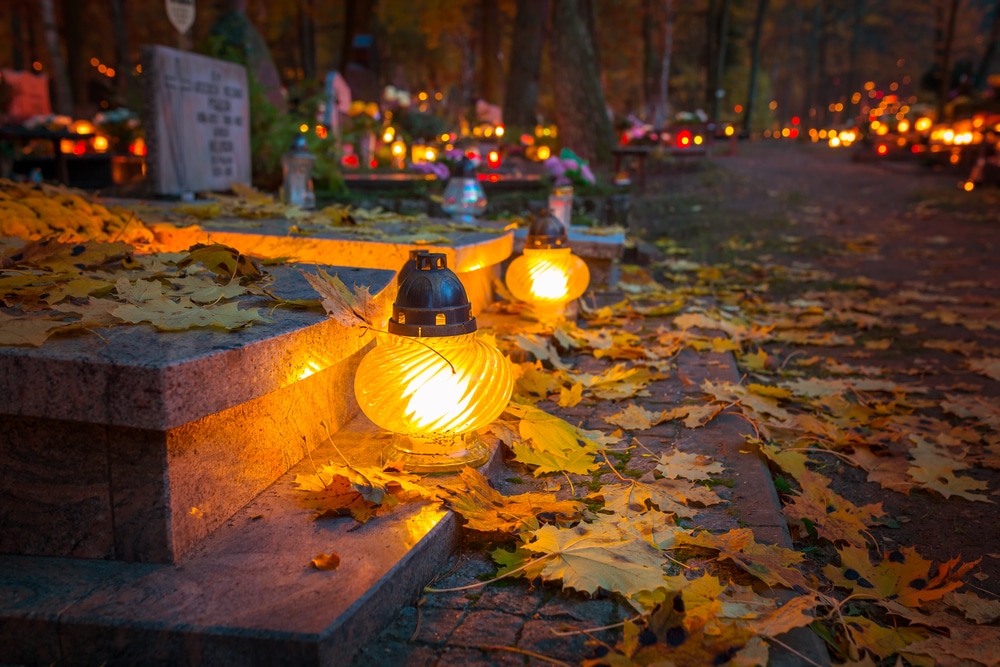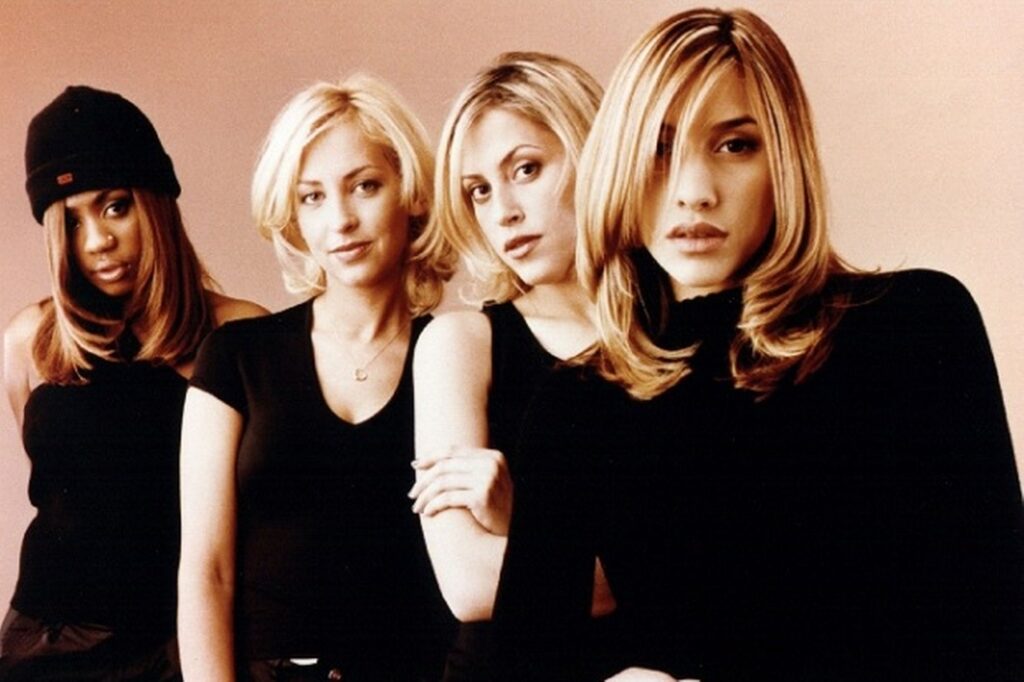All Saints’ Day
In the 8th century Pope Gregory III has started the holiday of All Saints’ Day, which is celebrated on the first day of November. The pope introduced it to commemorate not only the martyrs, but also the saints, who have been canonized since the recognition of Christianity. So All Saints’ Day has become the feast of the hallowed souls, who – because of the large number of their kind – are not mentioned in the calendar by name.
In Hungary, All Saints’ Day was also connected to economic traditions. This was the day, when – in many places – the servants, maids, and shepherds were hired. At other places, a “servant fair” was held on this day, where landlords hired servants for the winter.
On All Saints’ Day all kinds of work was forbidden. This was a way of respect for the dead as it was traditionally thought that if people go to plough, plant, or do any kind of work, it disrespects and attacks the dead in a certain sense. It was even forbidden to wash,sew and to clean the house.
According to folk tradition, during the night between All Saints’ Day (1 November), and All Souls’ Day ( 2 November) the deceased take part in mass in the church, and when the bell tolls, they go to the house of their loved ones. That’s why in the villages an extra plate was placed on the table, with bread, salt and water on it. In Székely Land it was traditionary to bake a loaf of bread called God’s pie or the bread of the dead.
In Hungary, food and alms were given to the homeless and the poor, in an attempt to help the dead to gain salvation. Bread and honey coated scones were distributed at the gates of cemeteries.
All Souls’ Day
The church has commemorated its deceased believers since the first millennium. Families also remember their beloved who have already passed away. The week of All Souls’ Day is called All Souls’ Week. Catholics celebrate All Souls’ Day on November 2, the holiday after All Saints’ Day. In Hungary, the previously solely Catholic holiday has gradually become a holiday to commemorate the deceased regardless of religion.
All Souls’ Day – Hungarian traditions
On this day all sorts of prohibitions were introduced some of which could even last till Christmas. They were meant so as not to disturb the dead. In All Souls’ Week washing was forbidden, because people were afraid that when the dead come home, they would stand in water or the clothes would turn yellow. Houses were not whitewashed so that maggots wouldn’t invade them. On All Souls’ Day, people didn’t do any kind of digging, because it was believed that whoever did that, would become sick. From All Souls’ Day rain they tried to predict who would die in the coming year to scare each other. Sewing was particularly forbidden, because every stitch was considered to be astab into the dead – this prohibition was in operation for the whole week.
On this day people visit, clean and mend the graves belonging to their loved ones, ornament them with flowers and wreaths and light candles and lampions in memory of the deceased. The more dead the family has, the more candles are lit. Some people believe that the freezing souls can get warm at the flame of the candles. Others believe that the candle must be lit so that the souls who are free to escape from the grave for this day could find the way back to return to their graves.
To remember the ones who have died abroad or are buried in an unknown place people used to light a bonfire while continuously tolling the bells. They believed that “ the deceased are at home until the bell tolls”. In many places the lights were left on in the houses while people went to the cemeteries to light candles so that the dead could look around in the homes as well.
source: itshungarian.com
Here are definitions of a few words from the text. What’s the word?
1. A hole dug in the ground to receive a coffin or corpse, typically marked by a stone or mound.
2. An arrangement of flowers, leaves, or stems fastened in a ring and used for decoration or for laying on a grave.
3. A Catholic church service.
4. A hollow metallic device that is shaped somewhat like a cup and makes a ringing sound when struck.
5. A large burial ground.
Key:
1. grave
2. wreath
3. mass
4. bell
5. cemetery
Vocabulary
Pope | pápa |
All Saints’ Day | mindenszentek |
to commemorate | megemlékezni |
martyr | vértanú |
to canonize | szentté avatni |
feast | ünnep |
hallowed | megszentelt |
by name | név szerint |
economic | gazdasági |
servant | szolga |
maid | szolgálólány |
shepherd | pásztor |
fair | vásár |
to forbid | megtiltani |
respect | tisztelet |
to plough | szántani |
to disrespect | tiszteletlenül bánni valakivel |
to attack | megtámadni |
to sew | varrni |
All Souls’ Day | halottak napja |
the deceased | az elhunytak |
mass | mise |
bell | harang |
to toll | zúgni, kongani |
traditionary | hagyományos |
to bake | sütni |
to bake | sütni |
pie | lepény |
alms | alamizsna |
to gain salvation | üdvösséget nyerni |
scone | pogácsa |
to distribute | osztogatni |
cemetery | temető |
solely | kizárólag |
regardless of religion | vallástól függetlenül |
prohibition | tiltás |
to whitewash | meszelni |
maggot | féreg |
to invade | elárasztani |
digging | ásás, földmunka |
to predict | megjósolni |
to scare | ijesztgetni, riogatni |
stitch | öltés |
to stab | döfni |
to mend | helyrehozni |
grave | sír |
to ornament | díszíteni |
wreath | koszorú |
freezing | fázó |
soul | lélek |
flame | láng |
to bury | eltemetni |
bonfire | máglya |







